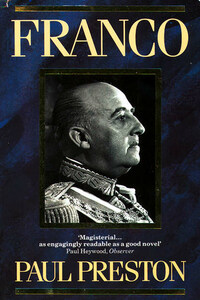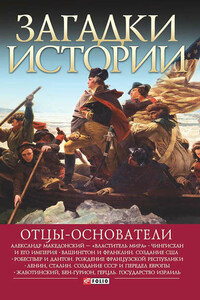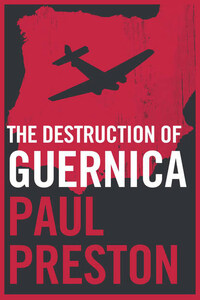DESPITE fifty years of public prominence and a life lived well into the television age, Francisco Franco remains the least known of the great dictators of the twentieth century. That is partly because of the smoke screen created by hagiographers and propagandists. In his lifetime, he was compared with the Archangel Gabriel, Alexander the Great, Julius Caesar, Charlemagne, El Cid, Charles V, Philip II, Napoleon and a host of other real and imaginary heroes.>1 After a lunch with Franco, Salvador Dalà said âI have reached the conclusion that he is a saintâ.>2 For others, he was much more. A childrenâs textbook explained that âa Caudillo is a gift that God makes to the nations that deserve it and the nation accepts him as an envoy who has arisen through Godâs plan to ensure the nationâs salvationâ, in other words, the messiah of the chosen people.>3 His closest collaborator and eminence grise, Luis Carrero Blanco, declared in 1957 in the Francoist Cortes: âGod granted us the immense mercy of an exceptional Caudillo whom we can judge only as one of those gifts which, for some really great purpose, Providence makes to nations every three or four centuriesâ.>4
Such adulation may be dismissed as typical of the propaganda machine of a despotic regime. Nonetheless, there were many who spontaneously accepted these comparisons and many others, who by dint of their relentless repetition, failed to question them. This is not an obstacle to knowing Franco. What does render him more enigmatic is the fact that Franco saw himself in the inflated terms of his own propaganda. His inclination to compare himself to the great warrior heroes and empire-builders of Spainâs past, particularly El Cid, Charles V, Philip II, came to be second nature, and only partly as a consequence of reading his own press or listening to the speeches of his supporters. That Franco revelled in the wild exaggerations of his own propaganda seems at odds with the many eyewitness accounts of a man who was shy in private and inhibited and ill-at-ease on public occasions. Similarly, his cruelly repressive politics may seem to be contradicted by the personal timidity which led many who met him to comment just how little he coincided with their image of a dictator. In fact, the hunger for adulation, the icy cruelty and the tongue-tied shyness were all manifestations of a deep sense of inadequacy.>5
The inflated judgements of the Caudillo and his propagandists are at the other extreme from the left-wing view of Franco as a vicious and unintelligent tyrant, who gained power only through the help of Hitler and Mussolini, and survived for forty years through a combination of savage repression, the strategic necessities of the great powers and luck. This view is nearer the truth than the wild panegyrics of the Falangist press, but it explains equally little. Franco may not have been El Cid but was neither so untalented nor so lucky as his enemies suggest.
How did Franco get to be the youngest general in Europe since Napoleon? How did he win the Spanish Civil War? How did he survive the Second World War? Does he deserve credit for the great Spanish economic growth of the 1960s? These are important questions with a crucial bearing on Spanish and European history in the twentieth century and they can be answered only by close observation of the man. He was a brave and outstandingly able soldier between 1912 and 1926, a calculating careerist between 1927 and 1936, a competent war leader between 1936 and 1939 and a brutal and effective dictator who survived a further thirty-six years in power. Even close observation, however, has to grapple with mysteries such as the contrast between the skills and qualities required to achieve his successes and a startling intellectual mediocrity which led him to believe in the most banal ideas.









